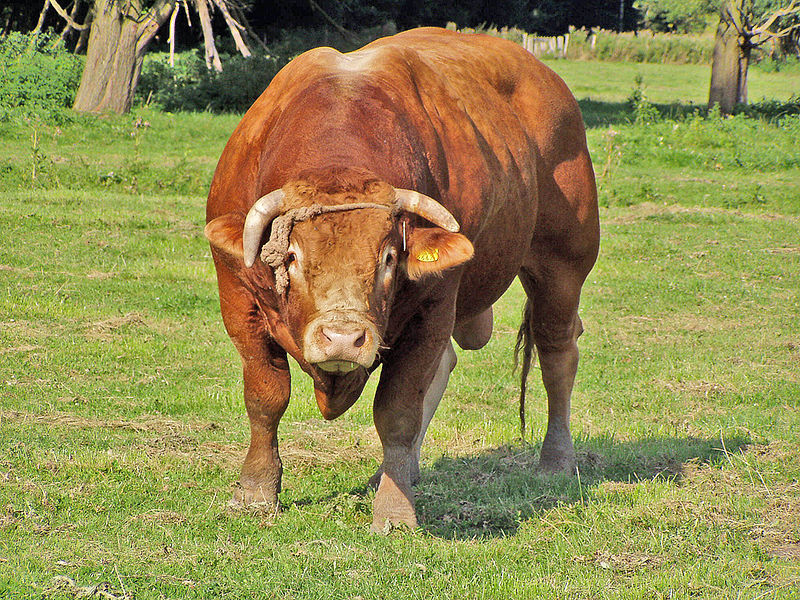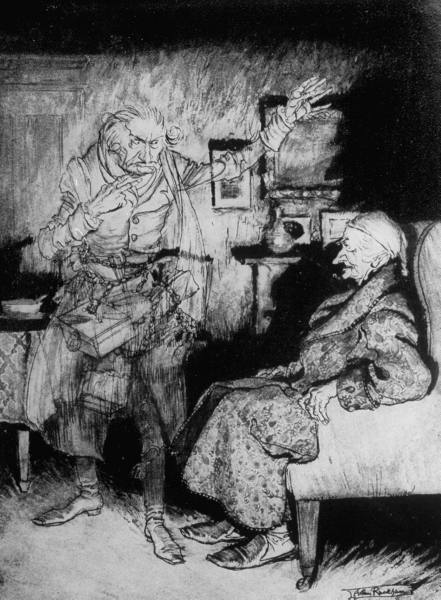Mike Wesch can easily collapse your constructed view of learning and teaching to clear a path for a clear vision of what’s essential. Watch the video below.
The SyllabusI got so excited about my new syllabus that I decided to create a “trailer” for it. Here’s how I introduced it on the first day of class. For more information about how I created my new syllabus, check out http://myteachingnotebook.com/index.php/2015/08/28/rethinking-the-syllabus/
Posted by Michael Wesch on Friday, 28 August 2015
How can I sign up for Mike’s class!
As Mike Wesch says at the beginning of his video, “we create our tools and then our tools create us.”
In a way the curriculum is a tool. It’s a carefully constructed document, a program, a set of criteria and outcomes designed to capture what we want our students to learn and how we should teach this.
The intention is good but what about the outcome? As a tool that is meant to guide us and ensure that we address all the aspects of our subject areas, has it in fact shaped us, and what does this mean?
Are we slaves to a once living conversation and collaborative debate about learning and teaching that educators felt passionate about – now a dry document with boxes to tick and outcomes to begrudgingly limit our teaching to?
Are we imprisoned in a cocoon which prevents us from evolving to our natural and more colourful role as teachers who directly pass on passion and excitement to students, freed from predetermined outcomes which prevent each student to follow his/her learning path as if it were the first time anyone had experienced this journey?
Does our curriculum leave us, as educators, with our hands tied, and thus prevented from being who we could be for students – experts and learners ourselves who can inspire our young people to be fully involved in their own learning journey?
Weren’t we once totally besotted with our subject areas, passionate about learning within our chosen fields?
Do we even have the time and head space to keep learning, that is, to keep the flame burning in ourselves?
Think about it: how has the curriculum, as a tool, created us as educators? How has it shaped our behaviours in the classroom and affected the way we teach?
What has become of schooling?
School, like college, should really be about ‘learning all kinds of stuff so that the world comes alive’. Let’s keep that at the forefront of the way we teach kids.



